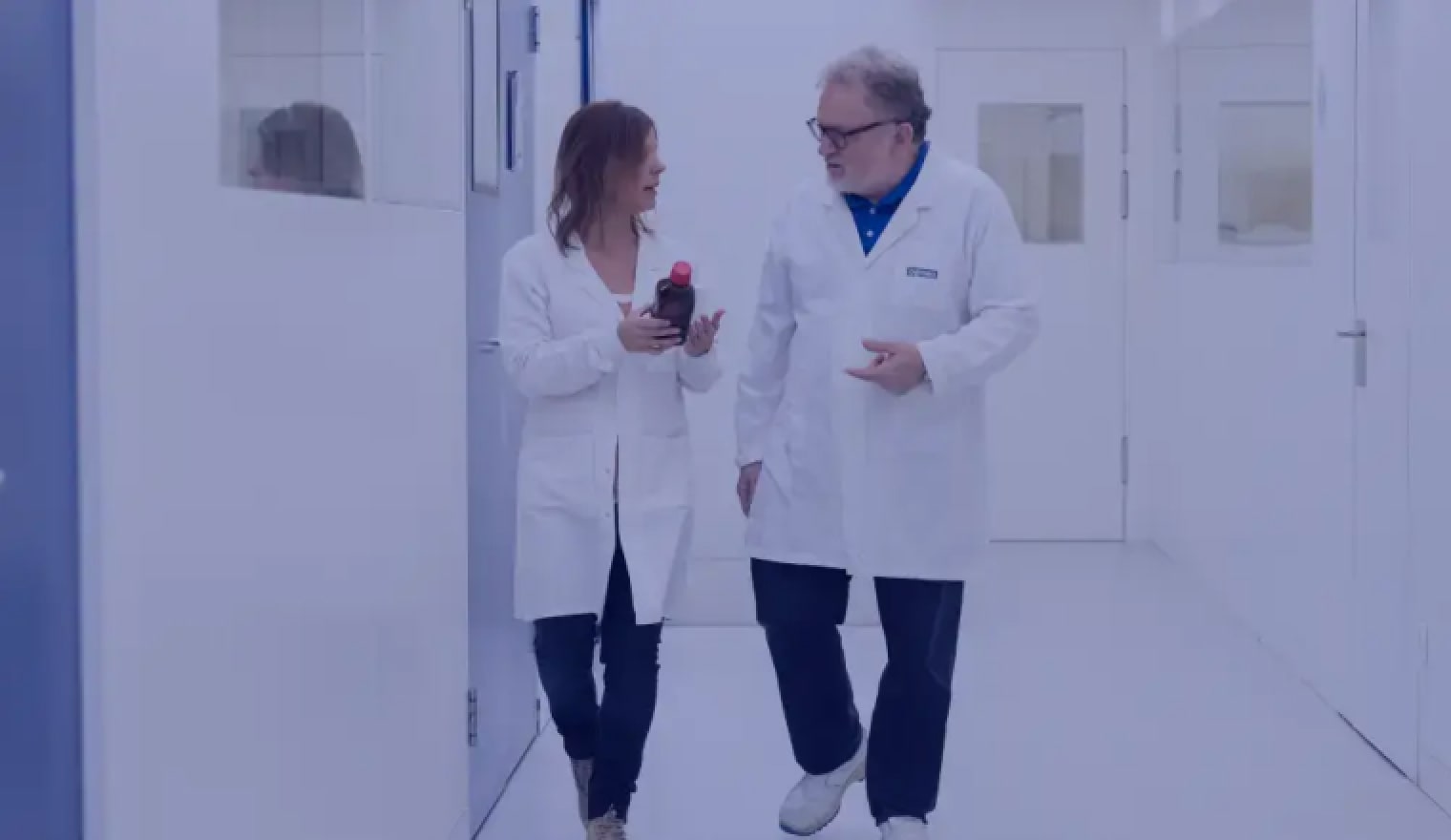Dental implants


What is it?
A dental implant is a component placed in the jawbone to serve as an artificial root, replacing a missing tooth. Tooth loss can result from various causes, including cavities, periodontal disease, endodontic issues, trauma, or genetic predisposition to agenesis (absence of teeth).
Description
Proper and consistent care of dental implants is essential. Using implant-specific products helps prevent peri-implant diseases, bacterial plaque and tartar build-up, and makes it easier to clean hard-to-reach areas.
Effective maintenance of dental implants supports long-term health and minimises complications.
Cleaning with dental implants
Maintain a strict and thorough oral hygiene routine, even more so than someone without implants.
Use specialised, advanced brushes. These help prevent peri-implant mucositis and peri-implantitis, because they are crafted to precisely disrupt the bacterial plaque around implants and reach into the implant-crown neck.
Complement brushing with an oral irrigator and mouthwash, to help to remove food particles that accumulate under implants.
Use dental floss or tape or interproximal brushes to clear bacterial plaque from interproximal spaces.
Schedule a professional cleaning at least twice a year, for added reassurance.
Associated problems
The presence of microorganisms on the surface of dental implants can lead to the development of peri-implant mucositis, which if not properly treated, can develop into peri-implantitis.
Peri-implant mucositis:
Inflammatory lesion that occurs in the mucosa surrounding an implant. The most common characteristics are oedema, redness, mucosal inflammation and bleeding without loss of bone surrounding the implant.
Peri-implantitis:
Inflammatory lesion of the mucosa surrounding an implant, which is also associated with the loss of supporting bone. The most common characteristics are the appearance of inflammation, bleeding, implant mobility and suppuration. Lesions caused by peri-implantitis are poorly encapsulated and extend into the marginal bone tissue. If they progress, they can cause loss of the implant.
However, prosthetic complications may develop, including screw loosening, implant breakage at the last thread of the internal screw, porcelain fracture or cement dissolution. This is why scheduling regular check-ups with a specialist is essential to ensure the proper adaptation of the fixture within the oral cavity.
We maintain a press room that offers information of interest to the community regarding news in the oral health sector and updates from Dentaid. Stay informed on the latest trends.

We collaborate with dentists, hygienists, pharmacists and general health professionals, co-creating knowledge and offering training that facilitates the development of their work.
Discover other oral health concerns
Cookie Policy
We use our own and third-party cookies to analyse website usage and display ads tailored to your preferences based on a profile created from your browsing habits (e.g., pages visited).
You can accept or reject all cookies, or customise your preferences.


